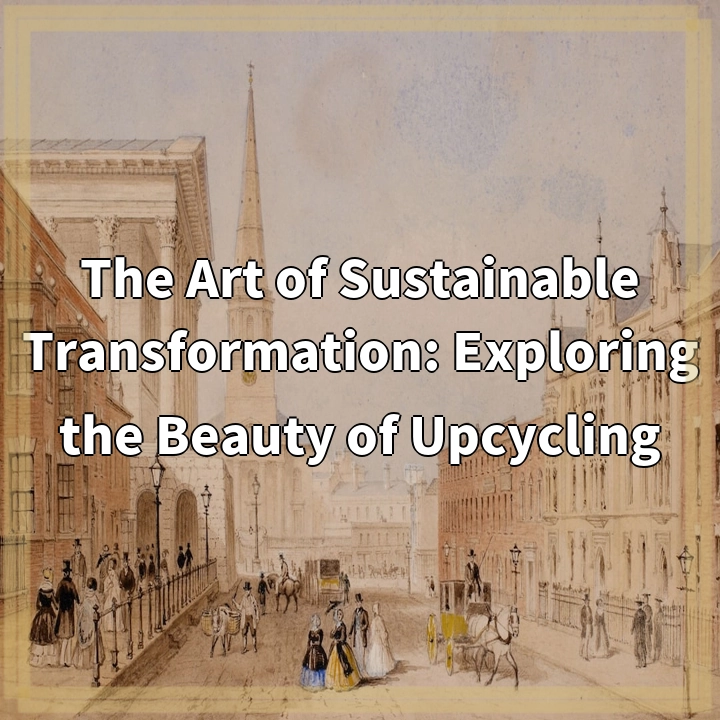
What it is:
Green Solutions for Outdoor Concerts involve implementing sustainable practices and technologies to minimize the environmental impact of these events. Outdoor concerts often consume significant amounts of energy, generate waste, and contribute to air and noise pollution. By adopting green solutions, organizers can reduce resource consumption, minimize waste generation, and mitigate the negative impacts on the environment.
Real-world problems:
1. Energy Consumption: Outdoor concerts require a substantial amount of energy to power sound systems, lighting, and other equipment. This consumption contributes to carbon emissions and reliance on non-renewable energy sources.
2. Waste Generation: Large-scale events generate significant amounts of waste, including food waste, single-use plastics, and discarded promotional materials. Improper waste management can lead to pollution of nearby ecosystems.
3. Noise and Air Pollution: The amplified sound and exhaust fumes from generators and vehicles can cause noise and air pollution, negatively impacting the surrounding environment and wildlife.
4. Water Usage: Outdoor concerts often require water for various purposes, such as sanitation facilities and catering services. Improper water management can deplete local water sources or result in water contamination.
5. Deforestation and Land Use: Preparing the venue for outdoor concerts may involve clearing vegetation and altering the natural landscape, causing habitat destruction and loss of biodiversity.

Green Solutions for Outdoor Concerts:
1. Energy Efficiency:
Implementing energy-efficient technologies such as LED lighting, renewable energy sources like solar panels, and utilizing energy management systems can significantly reduce energy consumption.
2. Waste Management:
Implementing effective waste management strategies, including recycling stations, composting facilities, and encouraging the use of reusable or biodegradable products, can minimize waste generation and promote a circular economy.
3. Noise and Air Pollution Mitigation:
Using sound barriers and environmentally-friendly generators can reduce noise pollution, while employing clean energy alternatives like battery-powered equipment can minimize air pollution.
4. Water Conservation:
Implementing water conservation practices such as using water-efficient fixtures, providing refillable water stations, and reducing unnecessary water usage can help conserve water resources.
5. Sustainable Venue Design:
Integrating sustainable design principles into venue planning, such as preserving existing vegetation, adopting low-impact infrastructure, and considering the environmental impact of construction, can minimize deforestation and land use.















